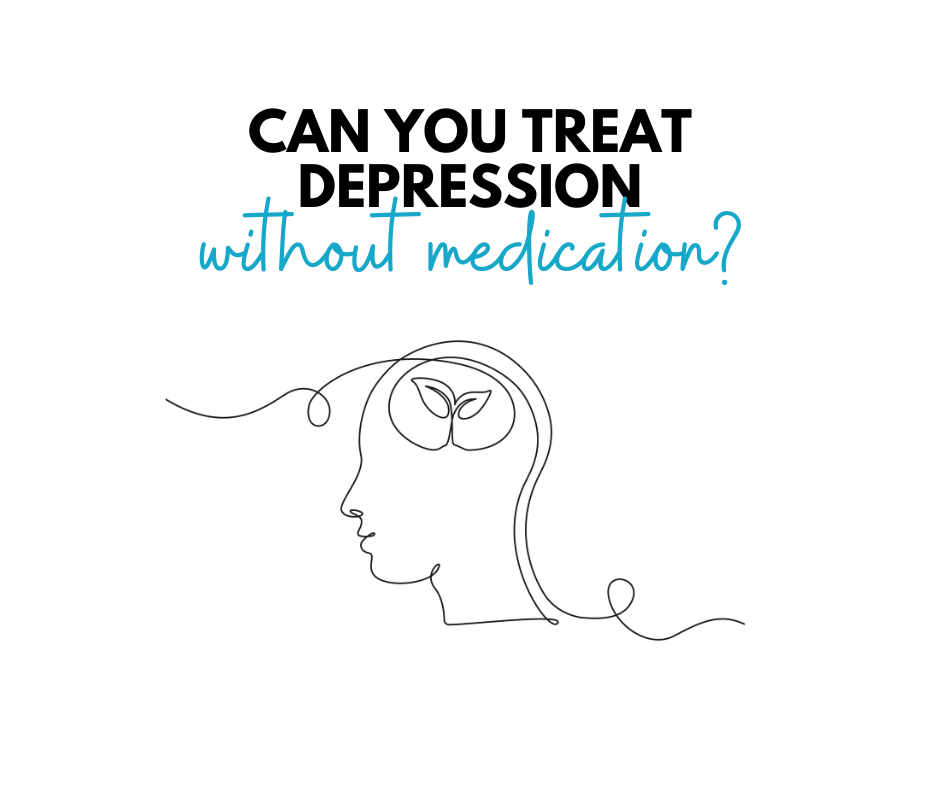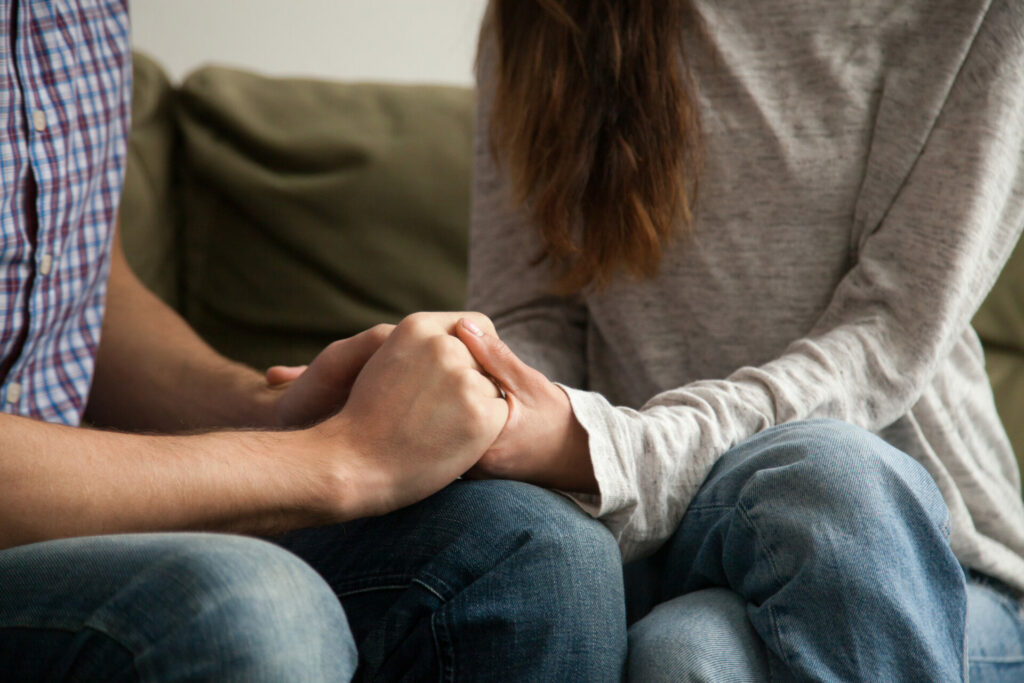At least one in 12 Americans over the age of 12 is currently taking antidepressants. This may seem to imply that medication is a required part of treating depression. In reality, it fully depends on each individual case. No two people experience depression in the same way. Thus, if you’ve been avoiding treatment because you don’t want to take meds, it’s not that simple.
Meeting with an experienced mental health professional empowers you to make the best choices. Quite often, this involves a healthy blend of psychotherapy and self-care. For starters, below is a list of drug-free, natural options to integrate into your life.
7 Ways You Can Treat Depression Without Meds
Before we get to the list, let’s be clear about its purpose. People struggling with depression-like symptoms need to be assessed by a professional. The suggestions below are not a replacement for treatment. Also, if you’re already taking antidepressants, do not try to wean yourself off the medication without first consulting your doctor.
Put Fun on Your Schedule
When a mood disorder strikes, the concept of fun can feel foreign. However, you have the power to schedule enjoyable events in your life. Do not leave it to chance because depression will derail that option. Connect with others, make a plan, and follow through whether you’re in the mood or not. A corollary to this idea is to prioritize spending time with people who lift your spirits.
Keep a Gratitude Journal
Acknowledge it whenever you feel grateful for anything — big or small. Keeping a journal enables you to refer back to these lists during times when you feel down.
Liven Up Your Life
- Decorate your home with plants
- Paint with bright colors
- Use aromatherapy to add another sensory pleasure
- Choose your outfits and hairstyle intentionally
Whatever calls out to you, go for it.
Set Goals
Accomplishing a goal can have a powerful and therapeutic impact. So, regardless of how you feel, set goals that are realistic and measurable.
Help Others
Take some time to identify what skills and resources you have to offer. Then find people within your reach who could benefit from these gifts. Altruistic acts put us in touch with something much bigger than any single person. It’s a win-win scenario.
Practice Daily Self-Care
Committing to self-care will a) build your resilience as you recover from depression and b) remind you that you deserve such attention. Here are some powerful elements to include:
- Partaking in daily exercise and physical movement
- Maintaining regular sleep patterns
- Making healthy eating choices
- Practicing relaxation techniques
- Stay diligent with your daily hygiene regimen
Also, schedule daily time outdoors. The change of pace is beneficial as is the vitamin D from sunshine.
Live Mindfully and Spiritually
Any mental health disorder has the potential to pull us away from the present moment. We may end up time-traveling to regret the past or dread the future. Some ways to introduce mindfulness in your life include:
- Meditation
- Yoga
- Breathing exercises
- Tai chi
- Spirituality (whatever that means to you)
Getting Started
Research shows that people with depression who practice self-help techniques like those above tend to recover more quickly. These are coping skills that will come in handy throughout your life. To begin this healing journey, the first step is to reach out for support. A therapist can become your skilled and unbiased guide.
Depression is a serious condition that must never be taken lightly. Left unchecked, it can lead to self-harm or even suicide attempts. So, I invite you to reach out now so we can get you evaluated on the right path as soon as possible with depression therapy.




